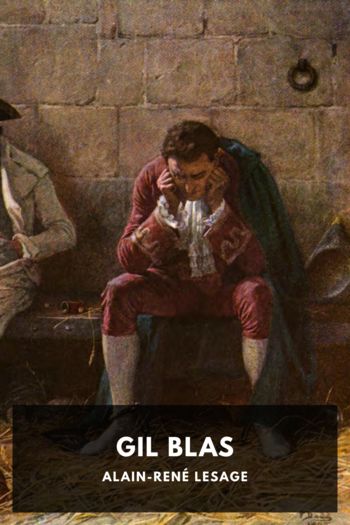The Twilight Zone by Nona Fernández (inspirational books .txt) 📗

- Author: Nona Fernández
Book online «The Twilight Zone by Nona Fernández (inspirational books .txt) 📗». Author Nona Fernández
M comes with me to Fuenteovejuna. It’s a Sunday in February and there’s no one on the streets. The neighborhood is a silent, ghostly place in the oppressive 5:00 p.m. sun. A few blocks away is an empty plaza. Swings, slides, and solitary benches wait for better weather to attract someone. In the middle of the street the old trees on the median rustle at the brush of a faint breeze. The silence is filled with the soft sound of branches over our heads. There is something disturbing in the air here. I can feel it. It’s as if the buildings know the story I’m telling and the landscape falls mute at the memory of it, in an attempt to make room for what our eyes can’t see, for what is seemingly no longer here.
Number 1330 doesn’t look much like the facade we saw burning on television. In its place is a two-story building with a tall gate and a yellow wall that reveals little of the interior. We wonder who could live in a house with such a dramatic past. Do the inhabitants know what happened there thirty-three years ago? Inside, in the middle of a small, neglected front yard, there is a truck piled high with old junk: a fan, a couple of cardboard boxes, some paint cans. I watch to see whether there’s any movement within. I try to detect comings and goings, the movement of a curtain, a face looking out the window, but nothing happens. Everything is disturbingly still in the house and on the street.
I can imagine M at twelve riding his skateboard. The sound of the wheels on the pavement rattles the silent space. I imagine M at full speed on this street and that simple act brings the still scene back to life. My brain short-circuits, fills in the gray areas, tries to see past the information provided, and my mind seethes with possible ways to explore this slumbering landscape.
M on his skateboard.
Or better yet, M walking with his friends, talking and laughing.
They have a soccer ball. They’re passing it as they walk. The ball shoots from place to place, shuttling into each corner of this mental image. M and his friends pass in front of 1330. They stop for a moment, about to ring the bell and run. But they don’t. For some arbitrary reason, as arbitrary as any of my imaginary scenarios, they choose the house next door. M and his friends ring the bell at 1332 and dash off, fleeing with the ball, while inside 1330, Lucía, Sergio, and Arturo live a strange family life. They remain ignorant of M’s preadolescent escapades. Ignorant of me, who is conjuring them up today, and ignorant, too, of the agents who have been watching them for three months.
I imagine Sergio on the other side of the wall. Maybe he’s reading a book or smoking a cigarette or having coffee in the kitchen. Maybe he’s talking to Arturo, or they’re watching television, or listening to some song on the radio. Imagining, I make the walls talk. I interrogate the silent houses next door, the mute windows harboring information behind drawn curtains. Imagining, I ask the old trees to speak, I ask the cement under my feet, the lampposts, the telephone wire, the stale air circling this place. Imagining, I bring the bullet holes back to life. My mind short-circuits and in its imaginings it completes unfinished stories, reconstructs half-told tales, visualizes details that go unmentioned, ignores the instructions that I was given and watches all the corners of the screen, keeping track of every ball.
I can see Lucía sitting at the 1330 dining room table. She has pencil and paper and she’s writing a birthday letter to her little girl, Alexandra, who’s in France visiting her grandmother. The letter will be microfilmed and it will reach the child via some strange process that triggers no suspicions and puts no one’s life in danger. In it, Lucía says she wishes she could give her daughter a hug and sing





Comments (0)